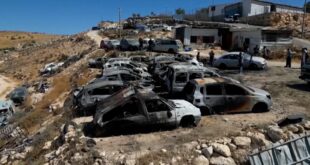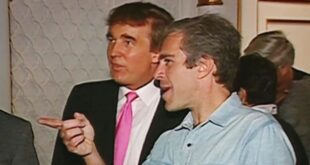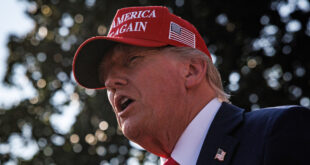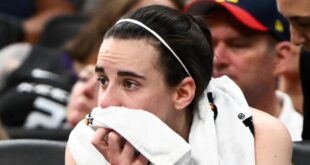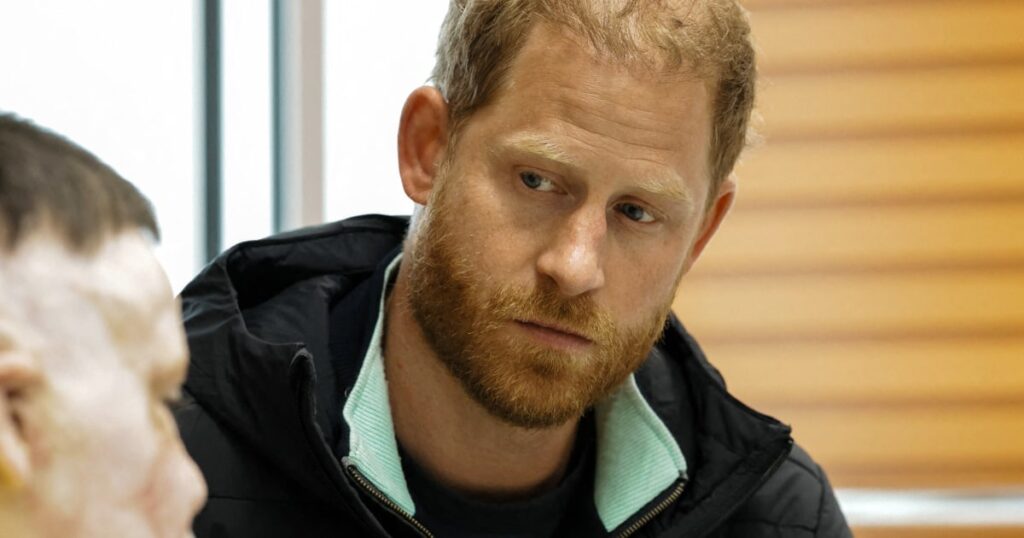
A visit from Prince Harry to Ukraine this week brought a soft power sheen to Europe’s latest pledge of military aid to Kyiv, even as U.S. envoy Steve Witkoff prepared to meet Russian President Vladimir Putin in Moscow.
At a meeting in Brussels, Ukraine’s NATO allies pledged an additional $23 billion in financial assistance to Ukrainian President Volodymyr Zelenskyy, who late Thursday accused Russia of systemically recruiting Chinese citizens to fight on the front lines of the war it has been waging against Ukraine for three years.
The war has claimed the lives of at least 46,000 Ukrainian troops and wounded or maimed almost 400,000 more, Zelenskyy told NBC News in February.
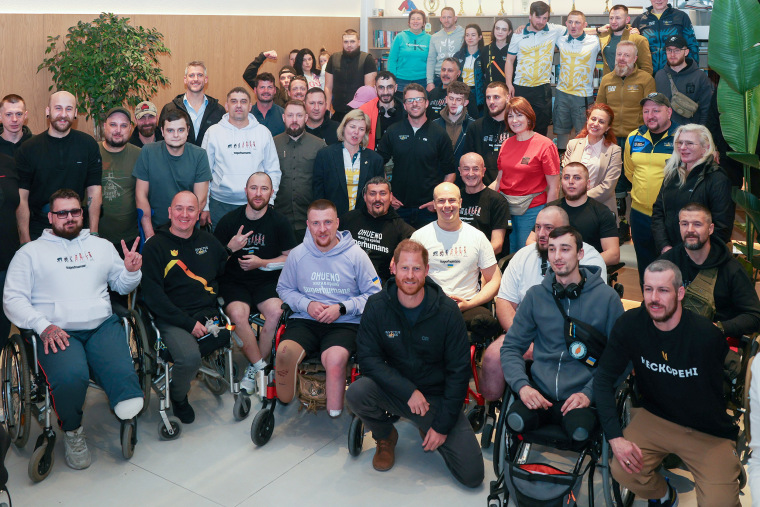
After visiting London from his home in California to appear at his security-related court case against the British government, the Duke of Sussex met Thursday with some of the war’s living victims in the western Ukrainian city of Lviv.
A spokesperson for Harry told NBC News that the duke, himself a veteran, wanted to see the support and rehabilitation services being provided to Ukrainians. On his tour of the Superhumans Center, he was joined by veterans from the Invictus Games Foundation, a wounded veterans charity that he founded.
Zelenskyy and his military leaders have warned in recent days that Putin’s forces are massing on Ukraine’s eastern border as they ready a massive spring offensive.
The Ukrainian president said Thursday in a post on X that in addition to his earlier claim that more than 150 Chinese nationals are currently fighting for Russia in Ukraine, “it is crystal clear that these are not isolated cases, but rather systematic Russian efforts… within the jurisdiction of China, to recruit citizens of that country.”
The Kremlin dismissed the allegations Thursday, Reuters reported, while China has in recent days rejected any suggestion that it supports its citizens taking part in foreign wars.
Before Friday’s aid announcement, Europe had already pledged $91 billion in military assistance to Kyiv, overtaking Washington’s $64 billion in February, according to the Kiel Institute for the World Economy.
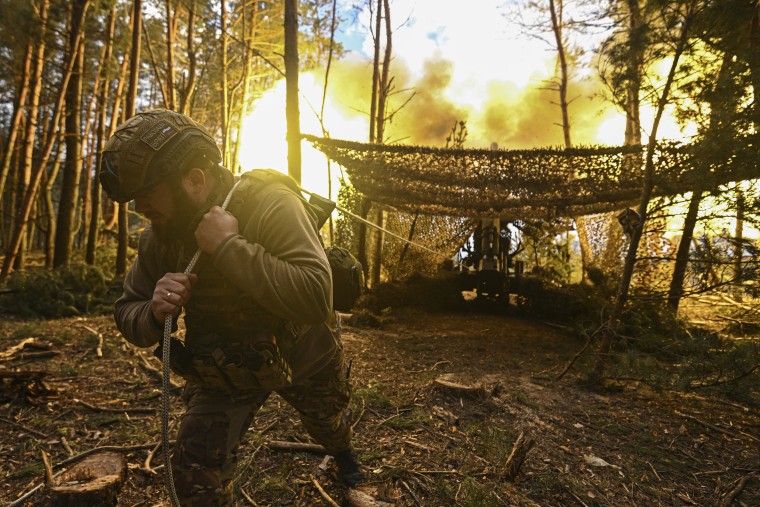
U.S. aid has come into question since the change in administrations earlier this year, with President Donald Trump and his administration repeatedly criticizing Europe’s leaders for not doing enough to help Kyiv fight a war on their doorstep.
“We are already doing more — and we can go even further,” the E.U.’s high representative for foreign affairs and security policy, Kaja Kallas, said in a post on X on Friday.
Europe’s military support to Ukraine was at the center of discussions in Brussels on Friday as the United Kingdom and Germany hosted a meeting with 50 other countries, before which Zelenskyy said he planned to raise Ukraine’s shortage of air defense systems.
In recent months, the U.S. and Ukraine have discussed developing the latter’s critical mineral deposits together a makeweight for military aid. Anthony Blinken, the former secretary of state under then-President Joe Biden, told CNBC this week that Zelenskyy had initially been the one to propose such an arrangement.
Russian Foreign Ministry spokesperson Maria Zakharova responded Friday, referring to Ukraine’s allied nations as “Zelenskyy’s handlers” Friday, and saying that they had “bought him lock, stock and barrel, used him, and now they are wiping their dirty and bloody hands on him.”
Ukraine’s mineral wealth has formed one part of the Trump administration’s interests in the region as it attempts to broker an end to the war. Another has been an effort to reset relations with Moscow.
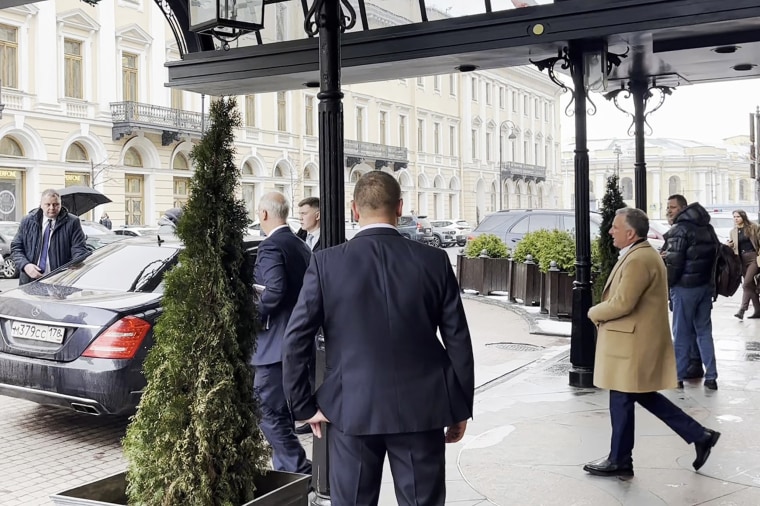
A steady flow of diplomatic activity has continued since U.S. envoys met separately in Saudi Arabia with Russian and Ukrainian counterparts and Putin sent one of his close allies, Kirill Dmitriev, to Washington earlier this month for talks. Dmitriev is the most senior Kremlin official to visit the U.S. since Russia invaded Ukraine.
Similarly, Witkoff arrived in St. Petersburg on Friday to meet with Dmitriev, who is also the head of the Russian Direct Investment Fund, in an effort to break the deadlock in ceasefire talks.
Kremlin spokesperson Dmitry Peskov confirmed the meeting Friday morning before later telling state media that Witkoff would once again meet with Putin after doing so previously. He added that the meeting would make for a good opportunity to convey Russia’s position to Trump.
 Latest World Breaking News Online News Portal
Latest World Breaking News Online News Portal


